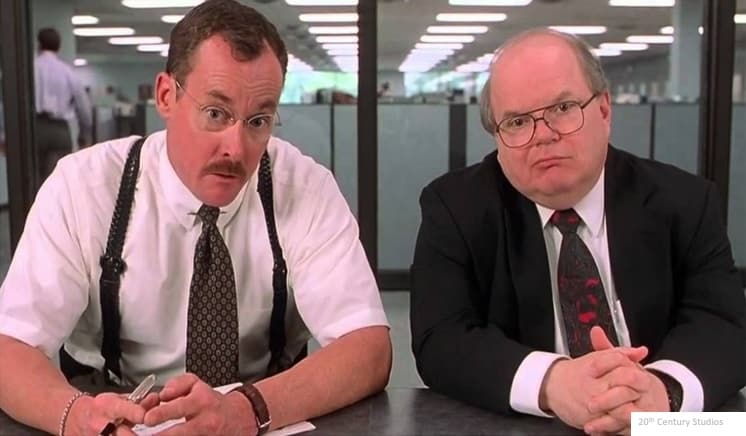Seven Rules for Successful Media Interviews
I wear multiple hats these days. In addition to serving as resident content czar at Channel Mastered, I’m also a journalist. Researching stories for my blog, Channelholic, involves doing hundreds of vendor interviews a year, and I did thousands in my previous gig at the ChannelPro Network as well. So while there’s plenty I don’t know about the channel, I do know a great deal about the mistakes vendors often make in media interviews. Here are seven ways to avoid them.
1. Don’t ask for the questions in advance
Most journalists will preview the main topics they plan to cover in an interview. Asking them to provide the questions in advance as well implies a lack of respect for their professionalism and a lack of confidence in your expertise. Don’t do it.
Nervous about speaking on the record for a story your customers, partners, and peers will ultimately read? Ask your PR person for help with preparation. If they can’t provide it, give us a call at Channel Mastered. We’ll happily introduce you to someone who can.
2. Stay on topic
Journalists typically have a specific objective in mind when they schedule an interview, something they want to learn and write about. Whatever that is may not be exactly what you most want to talk about, but the more you try to yank the conversation in your direction versus theirs, the less likely it becomes that you’ll be quoted much in their story. Your interviewer owns the agenda for this meeting. Understand what that agenda is and address it in your answers.
3. Make good use of time
I recently interviewed a vendor executive who consumed 10 minutes of a 30-minute call answering my first question in a rambling monologue that started with the topic I asked about but quickly veered off into multiple irrelevant (for me) directions. That, frustratingly, left me with less time than I needed to ask all the other questions on my list.
Time is precious these days for everyone, and a good interviewer will take up only as much of yours as they must. Conversely, though, a good interviewee should be respectful of the journalist’s time pressures too. Show up on time, answer what you’re asked (see rule #2 above), and help the journalist accomplish what they need to in the time you both have available.
4. Assume you’re always on the record
Everything you say during an interview can and will be used against you in the court of public opinion unless you explicitly ask to go off the record first, and the interviewer agrees.
5. Avoid assumptions about shared knowledge
That product launch or funding round you announced six months ago looms large in your memory, but the person interviewing you has written dozens of stories since then and probably forgotten anything they once knew about the matter. They may not even know a lot about your solutions and strategy. Don’t waste time at the start of an interview reciting a history of network computing, but don’t assume your interviewer knows everything you do about your products, market niche, and value proposition either.
Devoting a few (very) quick minutes at the start of an interview to those topics can provide useful context for the views you express or news you cover during the bulk of the conversation.
6. Don’t ask to review the story before it runs
This (hopefully common sense) guideline takes us back to where we began with rule #1. Wanting to see an article you’re quoted in before it runs is understandable. Actually asking to see the story ahead of publication crosses an ethical line that self-respecting journalists rarely breach, and makes you look both insecure and disrespectful. If you’re uncomfortable participating in an article you can’t review before publication, the best move is simply to decline the interview.
7. Don’t whine if your comments never make it into print
Generally speaking, a journalist who interviews you plans to quote you in an article. That said, just because they interview you doesn’t mean they’ll include your thoughts in their story. If your comments are off topic (see rule #2) or the story changes directions, for example, you could end up spending time with a writer and having nothing to show for it. Unfortunately, this is simply how journalism works sometimes. Grit your teeth, accept your fate, and hope for better results next time.
Trust me, I’m just scratching the surface here. Want to understand why “no comment” is always the wrong answer to a journalist’s question and what to say instead, for example? Channel Mastered is here to help.







